Los padres en los barrios más caros de Australia Occidental están sacando a sus hijos de los colegios privados caros para inscribirlos en centros educativos pertenecentes al sistema público de educación
Otros están abandonando en general Western Australia al ver como los salarios caen y desaparecen sus puestos de trabajo en lo que fue el epicentro de un auge de la minería para una generación que empujó altas tablas de crecimiento global en Australia.
Pero a medida que la desaceleración de WA ilustra grandes exportaciones de mineral de hierro y de GNL fuertes que sustentan impresionantes cifras de crecimiento, estos procesos económicos son de poca efecto positivo a la mayoría de los australianos que sufren de un estancamiento en sus salarios.
WA es el estado de Australia dominante en la extracción del mineral de hierro, y el hogar de Port Hedland, el mayor puerto de mercancía a granel del mundo. Cientos de exploración, los mineros y empresas de servicios mineros tienen su sede en Perth, la capital del estado.
En contraste la disminución de la demanda de las escuelas privadas en Perth refleja una difícil transición del estado de ser la capital en la creación de puestos de trabajo de la nación, a presentar un rezago económico.
En consecuencia las inscripciones en las escuelas estatales de WA han crecido a un ritmo más rápido que las escuelas privadas durante los últimos cinco años, revirtiendo una tendencia a largo plazo que no favorecía a la educación pública en el estado rico en minerales.
Este cambio es particularmente evidente en los suburbios del oeste de lujo de Perth, de acuerdo con el gobierno del estado, donde se han visto afectados los precios de los inmuebles.
«Sin lugar a dudas las escuelas privadas ya no son los fijadores de precios que eran hace unos años», dijo el empresario John Poynton, quien es el presidente del consejo de la Iglesia de la exclusiva escuela secundaria de Cristo y co-fundador de la firma de asesoría con sede en Perth Azure capital.
«No ha sido evidentemente algo de movimiento al sector público, pero también hay familias que salen de Perth de un todo.»
Christ Church cobra las tasas de matrícula anual de un $ 26,200 ($ 18,950), además de una cuota de inscripción de A $ 6,550, para un estudiante de escuela secundaria; y casi un $ 50.000 para un huésped, mientras que las escuelas públicas son financiados por el gobierno.
La inversión empresarial está cayendo drásticamente, por una previsión de 19 por ciento el próximo ejercicio, los papeles del presupuesto estatal muestran. La economía del estado se prevé una contracción del 4,25 por ciento en 2015-16, cuando las importaciones y exportaciones se excluyen de las cifras de crecimiento.
Australia Occidental estaría en recesión, si no fuera por las exportaciones de mineral de hierro de alta, dando la impresión de que la economía del estado se está expandiendo.
«SOCIALMENTE ACEPTABLE»
Esas mismas exportaciones de mineral de hierro, junto con el comercio de ocupados de gas natural licuado (GNL) también están apuntalando el crecimiento a nivel nacional, con los datos publicados esta semana mostrando la economía australiana se expandió en el primer trimestre un 3,1 por ciento desde hace un año.
Minas y plantas encargó durante tiempos mejores están produciendo mineral y gas en niveles récord, aunque los operadores están exportando a un mercado débil.
«Aquí está el problema – estamos viendo un fuerte crecimiento de volumen, pero no es el tipo de crecimiento que genera gran cantidad de empleo o salario se eleva», dijo el economista jefe de AMP Capital Shane Oliver.
«La gente no está viendo ningún cambio en sus paquetes de pago.»
El estado ha registrado el menor crecimiento trimestral del sector privado los salarios de todos los estados y territorios de cada trimestre desde septiembre de 2014.
A nivel nacional, el índice de precios de salarios aumentó apenas un 0,4 por ciento en el primer trimestre, el menor incremento desde que comenzaron los registros en 1997.
Y algunas personas han perdido sus puestos de trabajo.
Las cifras oficiales muestran que en términos netos casi 2.000 personas dejaron WA para otras partes de Australia en 2014-15.
La presión sobre las escuelas privadas de WA es evidente a pesar de los esfuerzos para frenar los aumentos de tasas. Entre el comienzo de 2015 y 2016, la matrícula de las escuelas públicas se incrementaron en 3.425 mientras que el número de escuelas privadas se redujo en 435.
Uno de los padres en los suburbios del oeste de Perth, que pidió el anonimato, dijo que las escuelas estatales habían mejorado y los padres también fueron aceptando la «nueva realidad económica».
«Parece ser más socialmente aceptable decir ahora que vamos a Churchland,» dijo el padre, en referencia a una escuela estatal local. «Solía ser más acerca de mantenerse al día con los Jones.»
Fuente: http://www.reuters.com/article/us-australia-economy-education-idUSKCN0YP0GG

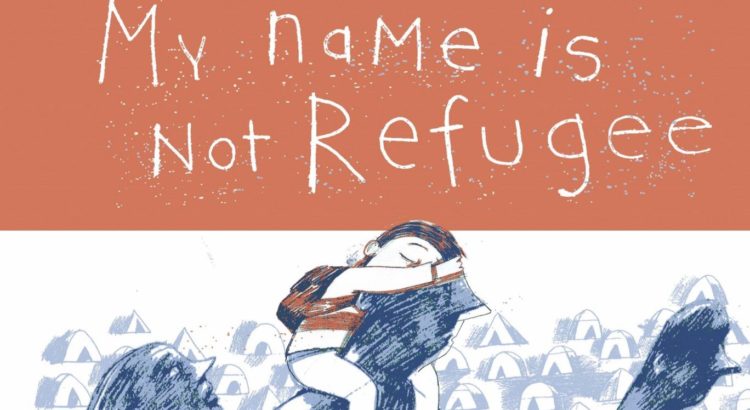

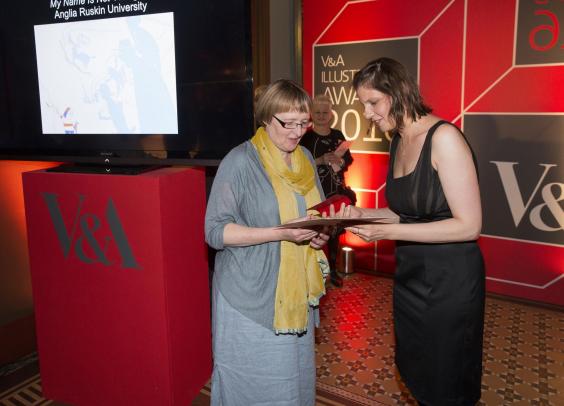
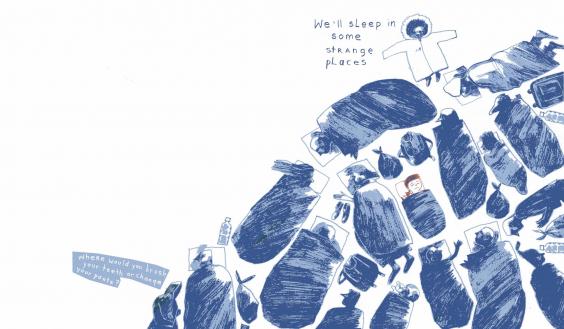
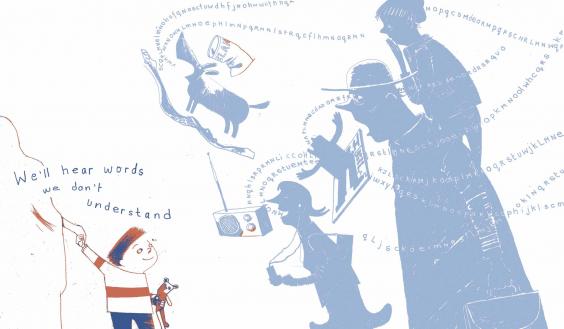
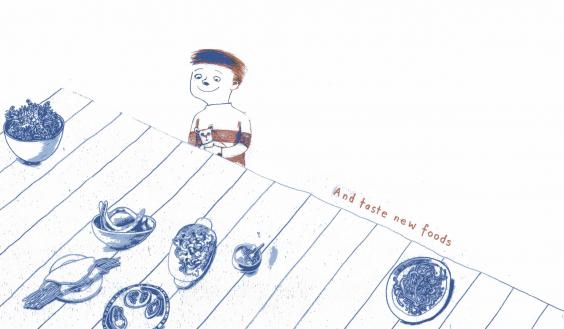
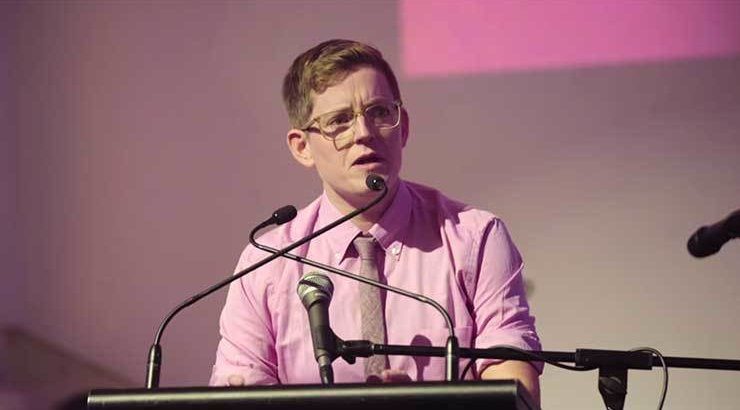

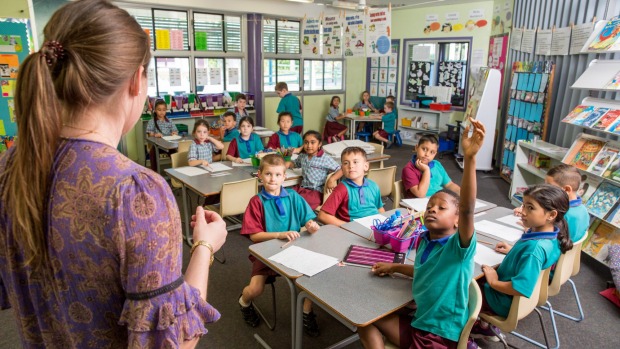
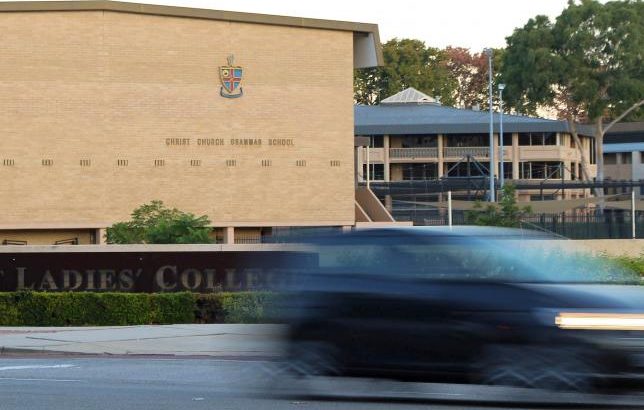






 Users Today : 53
Users Today : 53 Total Users : 35404531
Total Users : 35404531 Views Today : 59
Views Today : 59 Total views : 3334099
Total views : 3334099